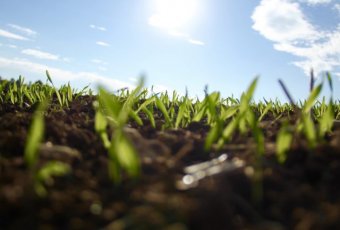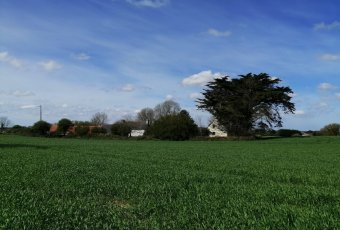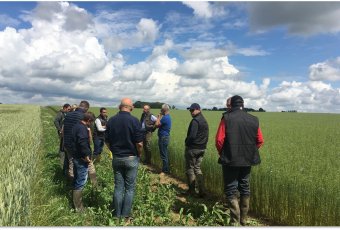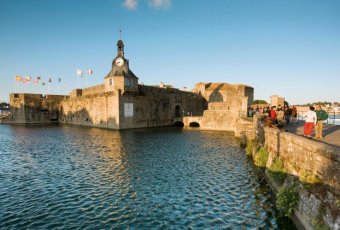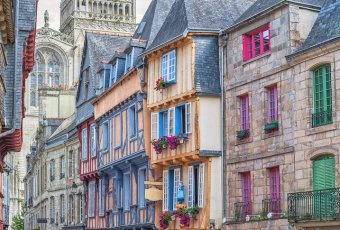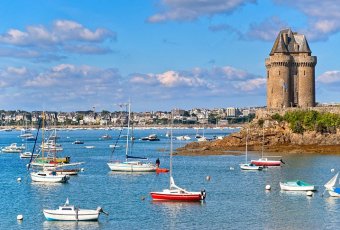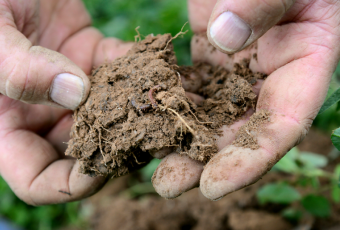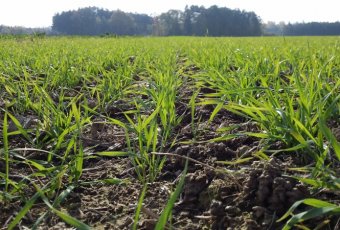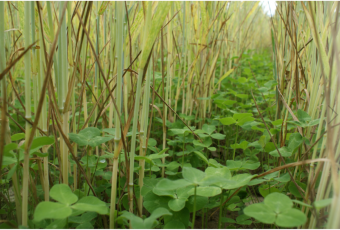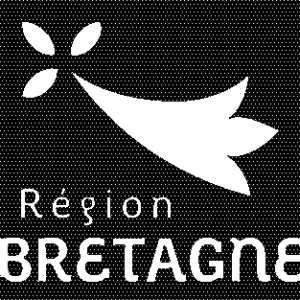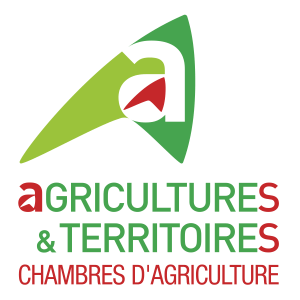The context
As the leading agricultural region in France and the third largest in Europe, Brittany has put agroecology at the heart of its economic, social and environmental strategy. About 20 years ago, a handful of farmers in the Finistère department, motivated to restore the health of the soil, embarked on a new approach: regenerative agriculture. Also called conservation agriculture because its main objective is to conserve the organic properties of the soil, regenerative agriculture is an agroecological production model that places soil restoration at the heart of the system. It is based on agricultural practices whose primary objective is to regenerate the soil, in other words to increase its organic content to improve its fertility.
This approach, still marginal in France, is nevertheless growing: it is estimated that 4% of French farmers practice regenerative agriculture.
The project
The Livelihoods Carbon Fund (LCF2) is investing in its first project in Europe: converting 11,000 hectares to regenerative agricultural practices in the Brittany region in France, which has been a pioneer in this approach. Conducted in partnership with the Brittany Region (territorial authority composed of the Regional Council of Brittany which decides of the political and agroeconomic orientations of the region), the Regional Chamber of Agriculture (public institution that accompanies the agroecological transition of the region through its network of agriculture professionals, engineers, technicians), and local association Sols d’Armorique, this project called “Sols de Bretagne” will support around a hundred farmers in their transition to regenerative agriculture. The project will also help sequester 140,000 tons of CO2 over 10 years.
The social, environmental and economic impacts
The project aims to generalize the benefits observed over the past 10 years by the pioneer farmers. Regenerative agriculture has helped to recreate biomass, make soils more fertile, and maintain yields. This model boosts the recreation of organic matter that enhances above and below soil biodiversity. Precise measurements have been carried out during several years by the Breton farmers engaged in regenerative agriculture. They have shown that the number of earthworms has more than doubled. The population of beneficial insects has increased fivefold. This organic richness in turn improves the water retention and filtration properties of the soil.
On the economic front, regenerative agriculture reduces production costs by abandoning plowing, simplifying tillage, and reducing inputs to a strict minimum. In this model, tractors that represent a costly investment and operational use are no longer necessary. The farms that have adopted this model have generally increased their margins. The results over several years show that yields are maintained at/or near the level of conventional agriculture. With lower production costs, the farmer can therefore increase his income at a constant market price.
Moreover, in a profession where working days are often long, the regenerative agriculture model helps reduce the considerable time spent on the farm. This freed up time can be reinvested in the management of the farm and/or in a better work-life balance. The transition to regenerative agriculture thus creates more attractive working conditions, especially for the younger generations of farmers who aspire to a better life balance and a higher income.
Our Partners
The Brittany Region is a territorial authority composed of the Regional Council of Brittany (an assembly of 83 elected officials who decide on the major orientations of the regional policy) and the regional administration that applies these orientations at the territorial level. As the leading agricultural region in France and the third largest in Europe, the Brittany Region has placed the agroecological transition at the heart of its agricultural policy. Learn more about the agroecological transition of the Brittany Region.
The Chamber of Agriculture of Brittany is a public institution that accompanies the agroecological transition of the region. Present throughout Brittany, its missions are to anticipate economic developments, innovate, support farmers in adapting their businesses through training and advice, represent the interests of the agricultural sector and collaborate with all professional agricultural organizations. Learn more about the Regional Chamber of Agriculture and its actions in the field.
Sols d’Armorique association gathers a network of motivated Breton farmers who are passionate about regenerative agriculture and who are eager to get together to better understand soil dynamics and experiment with new practices. Convinced that there is a third way to reconcile soil health and better yields, the association focuses on the promotion of soil as a living and central heritage of the farmer. It covers a network of committed farmers, advisors, and technicians throughout the Brittany region.



